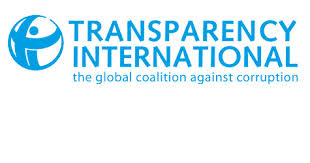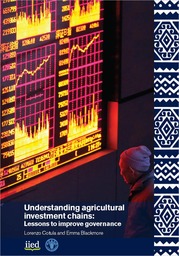The Political Economy of Natural Resource Use : Lessons for Fisheries Reform
The release of 'Sunken billions:
The economic justification for fisheries reform' has
drawn renewed attention to the enormous loss of wealth
suffered in fisheries each year due to weak fisheries
governance and the need for fundamental fisheries reform.








